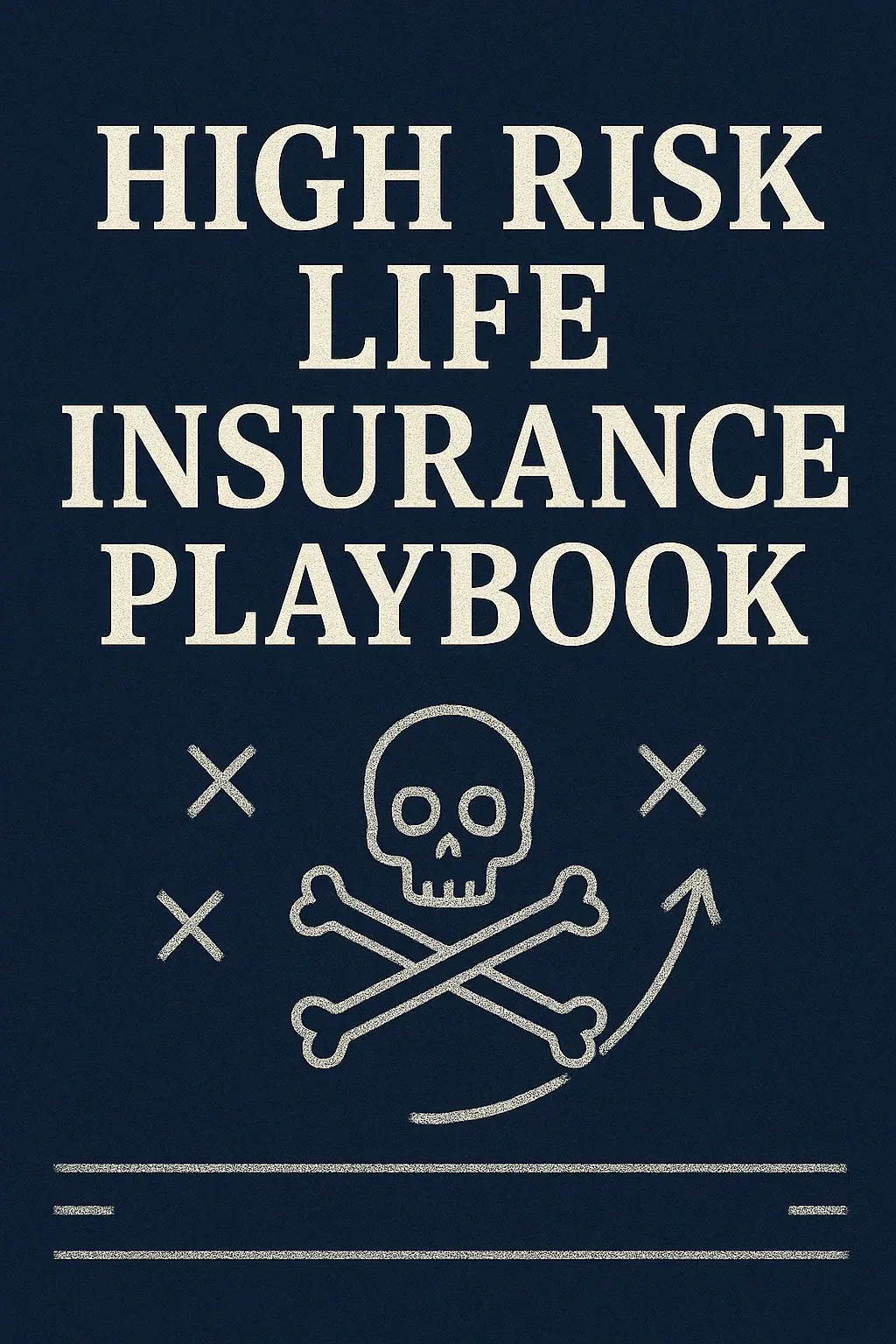Life Insurance
Protect What Matters Most with Life Insurance
Life insurance is one of the most important steps you can take to safeguard your family’s financial future. It helps cover final expenses, replace lost income, pay off debts, and provide long-term security when your loved ones need it most.
Understanding your options is key to making a confident, informed decision.
Use our Life Insurance Quoting Tool to compare personalized rates from over 75 top-rated carriers and find the right coverage for your needs.
Life Insurance Quoter
Life Insurance: An Overview
Life insurance is a financial tool designed to provide your loved ones with security and support in the event of your death. When you purchase a life insurance policy, you enter into a contract with an insurance company. In exchange for regular premium payments, the insurer agrees to pay a tax-free lump sum—known as the death benefit—to your chosen beneficiaries.
This benefit can be used to cover funeral expenses, replace lost income, pay off debts, or fund long-term goals like education or retirement—giving your family financial peace of mind during a difficult time.
How Life Insurance Can Help You and Your Family
Life insurance offers more than just a financial payout—it provides peace of mind. If you’re no longer there to provide for your loved ones, a life insurance policy ensures they have the financial support they need to move forward with stability.
The death benefit can be used for:
-
Funeral and burial expenses
-
Paying off debts like a mortgage, car loans, or credit cards
-
Replacing lost income to maintain your family’s lifestyle
-
Funding your children’s education
-
Covering everyday living expenses
By having life insurance in place, you help protect your family’s future—offering them security, stability, and time to heal during one of life’s most difficult moments.
Benefits of Life Insurance
-
Guarantees that your beneficiaries receive a payout that can be critical for maintaining their lifestyle or covering large expenses.
Types of Life Insurance
Term Life Insurance
-
Term life insurance provides coverage for a specific period or “term.” Available term periods include 1-year, 5-year, 10-year, 15-year, 20-year, 25-year, 30-year, 35-year, and 40-year. If you pass away during the term, the policy pays the death benefit to your beneficiaries. If you outlive the term, the coverage expires and there is no payout.
Permanent Life Insurance
-
Permanent life insurance provides coverage for your entire life, as long as you continue to pay the premiums. In addition to the death benefit, permanent life insurance policies typically have a cash value component that grows over time and can be borrowed against or withdrawn while you’re still alive.
Medical Underwriting vs. Non-Medical Underwriting
Medical Underwriting
-
Medical underwriting involves a comprehensive evaluation of your health, which usually includes a detailed medical questionnaire, a review of your medical history, and often a medical exam (including blood tests, urine tests, and sometimes an EKG).
Non-Medical Underwriting
-
Non-medical underwriting, sometimes called simplified issue or guaranteed issue, does not require a medical exam. Instead, the insurance company may ask you to answer a few health-related questions or issue the policy without any health questions at all.
Life Insurance FAQs
-
The two primary types are term life and permanent life insurance. Term life provides coverage for a set period (e.g., 10, 20, or 30 years), while permanent life insurance (such as whole or universal life) lasts a lifetime and may accumulate cash value.
No Obligation Consultation
Life insurance is one of the most important steps you can take to protect your family’s financial future. From term policies to permanent coverage, understanding your options can make all the difference in choosing the right plan. At Diversified Insurance Brokers, we’ll walk you through the underwriting process and help you find coverage that fits your goals and your budget.
Contact us today for expert guidance and a free, no-obligation quote.
📅 Schedule a consultation now
Additional Resources
Get Personalized Retirement Insights and Support
Use our Lifetime Income Calculator below to estimate your guaranteed income in retirement—and see how long your savings can last.
Have questions? Fill out the Contact Us form and a member of our team will reach out to help you build a strategy tailored to your goals.
One Click Away from Coverage — Get a Quote or Apply Today for Life Insurance, Annuities, Medicare & More
From instant term life to guaranteed issue policies, fixed annuities to Medicare supplements, we make it easy to compare top-rated options and apply online in minutes. Whether you’re planning for retirement, protecting your family, or exploring long-term care coverage, you’re just one click away from customized protection.



